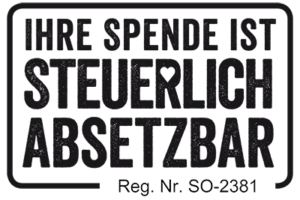CHILD PROTECTION
Great goal and commitment
ELIJAH staff are confronted with authoritarian and patriarchal family structures in Romani culture, compounded by poverty and a lack of education. In such a climate, women and children are valued little and often suffer violence and abuse.
ELIJAH provides safe spaces for children and young people. Our colleague Antoaneta Ghisoiu leads the child welfare team which empowers the young people and teaches them how to defend themselves against violence and assaults, as well as to stand up for others.
We organise regular supervision within the ELIJAH team as well as workshops with external experts in order to raise awareness among our personnel and the children’s parents.
The frame of action for ELIJAH is set not only by the national Romanian Child and Youth Protection Acts but also by international conventions on human rights, especially the United Nations Convention on the Rights of the Child and the Hague Convention on Parental Responsibility and Protection of Children. In addition to the above, we have compiled our own ELIJAH child protection guidelines, co-developed by ECPAT Austria on the basis of the international child safeguarding standards of Keeping Children Safe (www.keepingchildrensafe.org.uk).
Implementation by an external expert
The German graduate psychologist Barbara Zenkert B.A. is in charge of developing the ELIJAH child protection guidelines and of implementing the project throughout the organisation. She has many years of experience as an expert for working with traumatised patients, and advises and supports the ELIJAH team in workshops and training courses.
“Worldwide, there is an increasing focus on child protection in institutions that work with young people. From the start, ELIJAH has developed a culture of safeguards and safety for children and formulated guidelines to which the whole organisation with all staff, volunteers and visitors are committed. Elijah aims to provide safe spaces for children and young people and to create conditions which are free of psychological, physical and emotional violence. Our position is reflected in the “Child Protection Policy“ which contains methods to evaluate situations that are fraught with risk, rules for the participation and communication of those in need of protection, contingency plans and continuing education. Furthermore, we have created a child protection team.
I realise that our efforts in the scope of this programme are nowhere near enough to address people’s problems, even less solve them. But it is an approach to creating fair and less violent ways of interaction between people, which our staff can absorb and adopt step by step and which then transfers to the children and families. They learn how to resolve conflicts and to resist abuse. They become attentive to injustices. They stand up for others.“
Dipl. Psych. Univ. Barbara Zenkert B.A.




